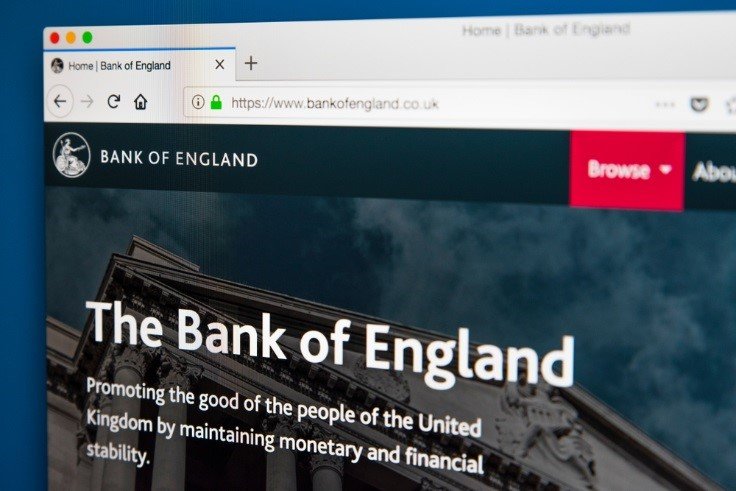The Bank of England is keeping its key interest rates on hold at 0.75%. It said it would first wait for more clarity on the matter of Brexit.
However, policy-setting members were not solid in the decision. While the majority of the nine-member Monetary Policy Committee voted to hold, two voted for a cut.
Because of the looming uncertainty that cloaks Brexit, the committee has not moved interest rates for more than a year.
On December 12, the country will hold general elections. Such an event has great potential to impact the outcome of Brexit.
Brexit has stayed in a rut until recently. When it did not show any considerable development, it weighed down the economy and business investment.
Apart from that, the BoE must consider overseas risks, such as the trade war between the US and China.
Monetary Policy: To Cut or Not to Cut?
The Bank of England has so far not tagged along with other major central banks to lower interest rates. The US Fed, for instance, already did three rate cuts.
Even the European Central Bank has cut rates two times this year. Not to be outdone, others have implemented negative rates.
With the UK, Bank of England Governor, Mark Carney, previously indicated that rate hikes are what they are pursuing.
That is because inflation is near the central bank’s 2% target. Also, forecasts show that it could grow further over the next couple of years.
However, the BoE still moderated its position. It said that an improvement in economic growth and a better Brexit outlook are necessary to warrant a rate hike.
For analysts, Carney will almost certainly acknowledge the slowing global growth as well as the risks to the economy.
But they are not sure whether the governor would provide a reliable indication that the BoE intends to slash rates.
















